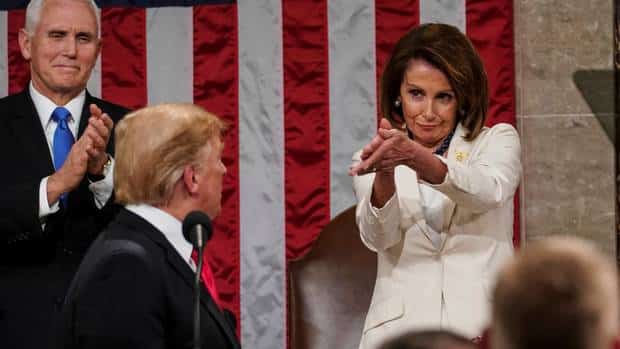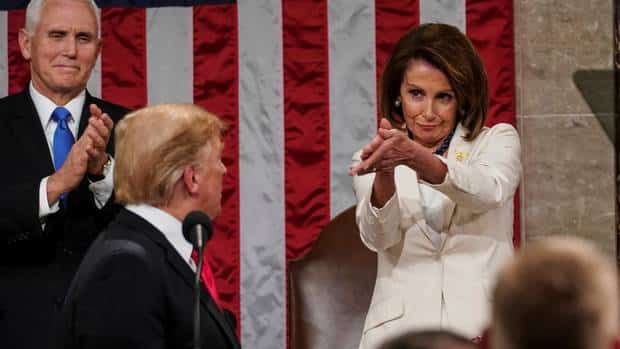Decade after decade, United States presidents order intervention, by the military and otherwise, across the Middle East. And, decade after decade, the US House of Representatives and Senate provide the funding for the intervention to continue, as well as pass bills and resolutions demanding even more.
On some occasions, such as after the US government’s killing in Iraq last week of Iran General Qassim Suleimani upon the order of President Donald Trump, there is some complaining from congressional leadership in addition to from the Congress members who regularly oppose foreign intervention.
Now, in the wake of the US government’s killing of Suleimani and others last week in Iraq, it appears votes on limiting US intervention in the Middle East, at least in relation to Iran, may occur soon in the House and Senate. Still, there is plenty of reason to be skeptical that Congress will do anything soon that places significant restraint on the actions the executive branch, including the US military and US intelligence agencies, may take in regard to the Middle East, or anywhere else in the world.
Rep. Thomas Massie (R-KY), who supports major curtailment of US interventions across the world and is a member of the Ron Paul Institute for Peace and Prosperity’s Advisory Board, sums up well the situation in Congress. Quoted in a Tuesday Vice article, Massie explains:
‘At the end of the day, too many Congressional Republicans and Democrats, including [US House Speaker Nancy Pelosi (D-CA)], want to keep us in the quagmire in the Middle East, so I doubt anything with teeth will pass,’ Massie said. ‘If something of any substance did pass both chambers, it couldn’t sustain a presidential veto.’
The entire article, by Cameron Joseph and Daniel Newhauser, is informative about the situation in Congress now in regard to US intervention in Iran, the Middle East, and beyond. You can read the article here.


